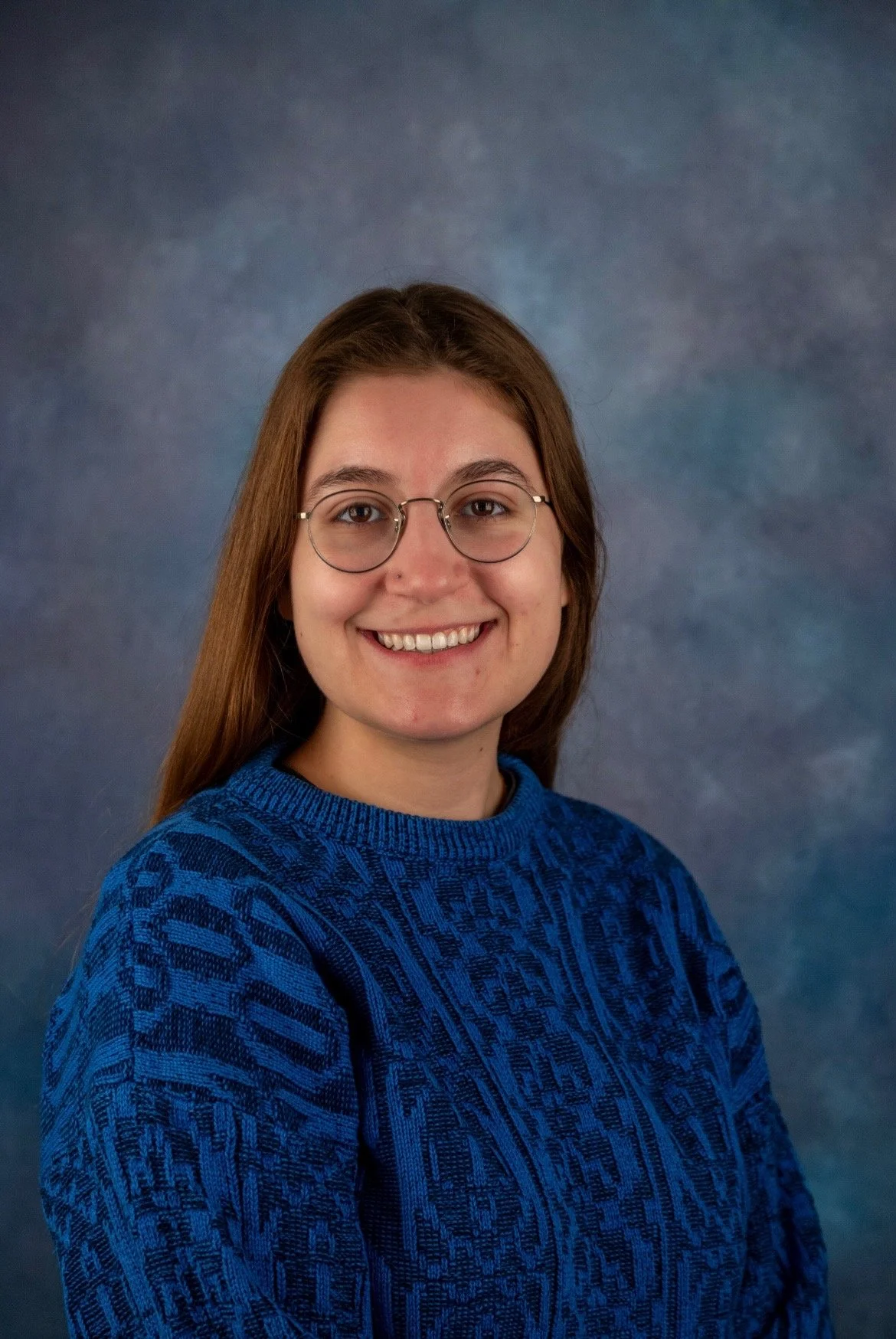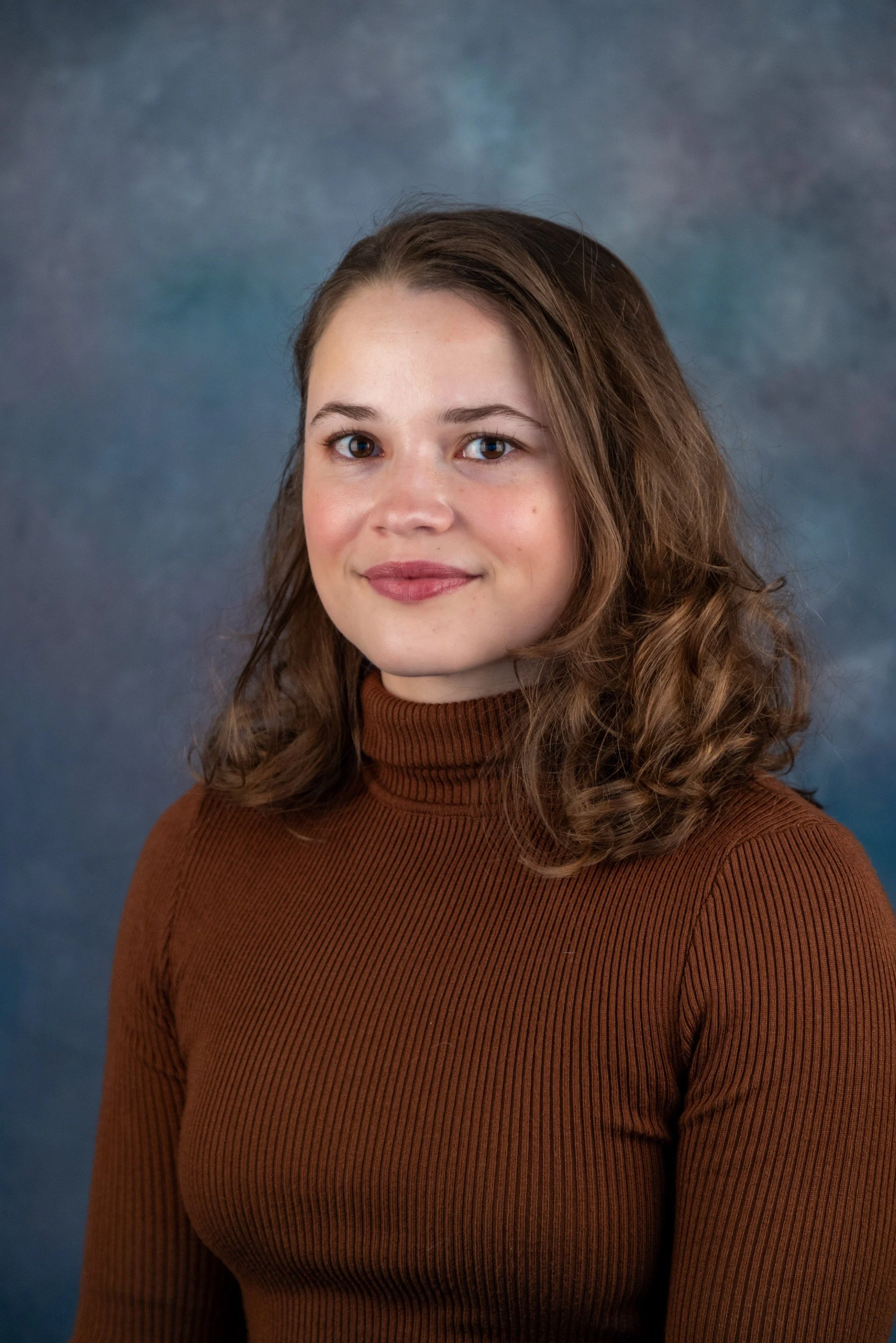Current Projects
Current Projects
Our Research Focus
T lymphocytes play a central role in protection against infectious diseases, in tissue damage caused during autoimmunity, and in the eradication of tumors. T cells develop their effector functions after their initial activation and differentiation in response to antigen stimulation. Multiple pathways contribute to the specific functions acquired by activated T cells, including T cell antigen receptor signals, costimulatory receptor signals and cytokine signals. Our lab focuses on understanding the T cell antigen receptor (TCR) signals that promote different outcomes following T cell activation. This process is particularly evident during T cell development in the thymus, where conventional CD4+ and CD8+ T cells receive weak TCR signals that promotes their maturation; in contrast, strong TCR signals lead to clonal deletion of self-reactive T cells, and intermediate signals promote the development of alternative T cell lineages, such as FoxP3+ regulatory T cells, iNKT cells, and CD8αα intra-epithelial lymphocytes. In peripheral recirculating CD8+ T cells, strong TCR stimulation leads to robustly proliferating cytotoxic T cell responses, whereas weak TCR stimulation promotes the development of memory T cells in responses to viral infections. We are interested in dissecting the TCR signaling pathways that are responsible for determining these distinct T cell fates.
Much of our work has focused on understanding the contribution of ITK to this process. ITK is a Tec family tyrosine kinase known to modulate ‘TCR signal strength’; biochemically, ITK phosphorylates and activates the enzyme phospholipase C-γ1. Using a combination of transcription factor activation assays, genomics assays, and protein expression analyses, we investigate the thresholds, kinetics, and magnitude of responses to variations in TCR signal strength. These studies have identified distinct modes of TCR downstream signaling responses and their ability to be modulated independently following TCR stimulation. These findings provide insight into how disparate gene expression patterns can be elicited within individual activated T cells, but determining how these gene expression patterns contribute to the differentiation of distinct T cell lineages and effector functions remains an ongoing effort in the lab.
To complement these molecular and biochemical signaling experiments, we use a variety of mouse models to examine T cell functions in vivo. We have used several viral infection systems to dissect the TCR signaling pathways and their contribution to the differentiation of effector T cells versus memory T cells. We have also examined the role of TCR signal strength on the development of tissue-infiltrating pathogenic autoreactive T cells in models of Type I diabetes and colitis. Our goal is to combine the top-down studies of T cell functions in responses to infections or autoimmunity with bottom-up approaches examining signaling pathways and their impact on gene expression programs to fully elucidate the impact of TCR signaling on T cell development and activation.
Current Projects
ITK Studies
Zoe
My project is broadly focused on how ITK functions to negatively regulate TCR signaling. Preliminary data generated by Josh highlighted how TCR signaling has altered kinetics and dysregulated termination in the absence of ITK. Though the Berg lab has previously investigated how ITK can tunes the initiation of TCR signaling, our recent preliminary data has led to the hypothesis that ITK also leads to expression of proteins that can negatively regulate, or inhibit, TCR signaling. We hypothesize that, in the absence of ITK, these negative regulators are poorly upregulated, which leads to TCR signaling that persists for longer than it should. I recently performed bulk RNA-seq on OT-I ITK WT and KO CD8+ T cells activated for 24 hours with varying peptides. This allowed me to generate a list of candidate TCR negative regulators that have significantly less expression in activated ITK KO CD8+ T cells compared to ITK WT. Moving forward, my project will focus on investigating how some of these candidate negative regulators are responsible for tuning the kinetics of TCR signaling downstream of ITK, by using the Nr4a3-Tocky reporter model. Additionally, I will investigate how these altered TCR signaling kinetics may affect the differentiation and function of CD8+ T cells responding to in vivo infections.
Alayna
Previous work in the lab has shown that while not essential for TCR signaling, ITK activity generates graded expression of TCR-induced genes, highlighting ITK’s role in fine-tuning T cell signaling, especially under conditions of low TCR affinity or low antigen abundance. To date, nothing is known about the consequences of increasing, rather than decreasing, ITK activity in T cells. Using insights gained from biochemical studies of BTK in B cells, we generated a knock-in mouse model (ITK-E616K) carrying a mutation predicted to destabilize the autoinhibited form of ITK. Initial phenotyping of ITK-E616K naïve CD8 T cells showed no developmental differences from wild-type T cells indicating unaffected T-cell development. Experiments performed to date show evidence that more E616K knock-in T cells may be committing to an effector lineage as seen by enhanced cytotoxic molecule expression after infection. We are currently exploring the fate of these cells during acute and chronic infection. These findings will hopefully help to further elucidate ITK’s role in tuning TCR signaling and modulating T-cell activation.
Josh
Transcription Factor Activity
MJ
The Tec-family kinase ITK regulates both the initiation and termination of TCR-induced transcriptional responses in CD8⁺ T cells. ITK tunes activation kinetics and acts as a rheostat for transcriptional expression leading to variable response given a variable stimuli. There is still a lot we do not know about how the complex ebb and flow of these various stimuli, including the TCR signal, lead to a perfectly heterogeneous response within the human body during cancer or infection. Understanding how CD8 T cells take in information and adapt to their environment in turn is of the upmost importance to create better immunotherapies, vaccine adjuvants, CAR T cell therapies, and small molecule inhibitors.
CD8+ T cells responding to acute infection can differentiate into effector cells that aid in pathogen clearance and long-lived, self-renewing memory cells. However, in response to chronic antigen, the pool of responding T cells poorly persists or enters a state of dysfunction. Therefore, understanding the factors that promote the persistence and enduring function of T cells is critical to improving their response to chronic stimulus. Runx family transcription factors are constitutively expressed in antigen-experienced CD8+ T cells, and their binding motifs are enriched in stably accessible regulatory regions of lineage-specific genes, suggesting they may be involved in establishing and maintaining epigenetic states. While Runx1 and Runx3 have well-known roles in CD8+ T cell development, the function of Runx2 is not fully established. Our lab previously showed that Runx2-deficient T cells are unable to persist following acute Lymphocytic choriomeningitis virus (LCMV) infection and fail to upregulate markers needed for memory development. We are currently investigating the specific functions of Runx2 in both acute and chronic infections in order to establish the role of Runx2 in CD8+ T cells.
Upon encounter of their cognate antigen, naive CD8+ T cells initiate a cascade of gene expression programs required for differentiation into potent effector cells. This is orchestrated by a coordinated network of transcription factors (TFs) that relay inputs from the activating environment. The Berg Lab has previously demonstrated the critical need for the TF Interferon Regulatory Factor 4 (IRF4) in this process, highlighting its sensitivity to differences in T Cell Receptor signal strength. Its most closely related family member, IRF8, is also rapidly induced upon activation and is reported to sense cytokine signals. However, its contribution to CD8+ T cell functional differentiation remains unclear. Using a combination of acute and chronic in vivo challenges, we are uncovering cell-intrinsic defects in CD8 T cells lacking IRF8 expression during the effector, memory and terminal differentiation stages. A deeper understanding of the factors that reinforce an effector state can guide the design of therapeutics that are resilient to immunosuppressive environments such as those that are found in solid tumors.




